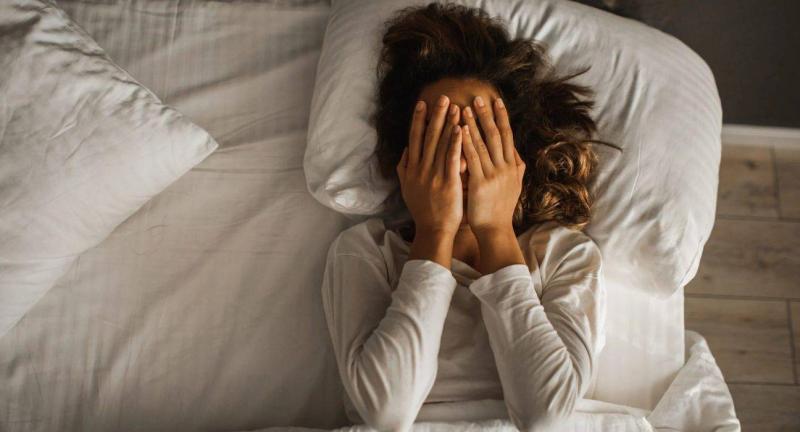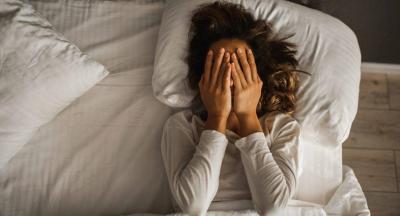Dreams and nightmares are among the least understood characteristics of sleep, prompting scientists to study them in search of new answers to some of these mysteries. According to a joint study involving researchers from Oregon State University, the University of Arizona, the University of Tampa, and Whitworth University, people who feel lonely are more likely to experience bad dreams. Colin Hesse from Oregon State University stated that "the results are significant because feelings of loneliness and sleep disorders are serious public health issues. They are associated with an increased risk of heart disease, stroke, and premature death."
In a research paper published in the journal Psychology, Hesse and her colleagues noted that stress is part of the link between feelings of loneliness and the frequency and intensity of nightmares. Other factors that connect loneliness with nightmares appear to be meditation (anxiety and stress) and hyperarousal, described as a state of heightened alertness and concentration. Like stress, meditation and hyperarousal are mental states associated with loneliness.
Moreover, the findings from the study led by Corey Floyd from the University of Arizona highlight the potential negative effects of limited human interaction and align with the evolutionary theory of loneliness, which posits that the feeling of belonging is essential for human survival. Hesse explained: "Personal relationships are an extremely important human need. When people's need for strong relationships is not met, they suffer physically, mentally, and socially. Just as hunger or fatigue indicates that you haven't received enough calories or sleep, the feeling of loneliness has evolved to alert individuals when their needs for interpersonal communication are not being met."
Hesse mentioned that it is too early to talk about specific interventions in a concrete manner, but the results certainly align with the possibility that addressing loneliness might help reduce a person's nightmare experiences. This is a possibility that can be examined in controlled clinical studies. According to Hesse, "Good, restful sleep is central to cognitive performance, mood regulation, metabolism, and many other aspects of well-being. For this reason, it is important to investigate psychological conditions that disrupt sleep, with feelings of loneliness being among these conditions." Additionally, individuals who feel lonely are often twice as likely to suffer from depression compared to those who rarely or never feel lonely.




